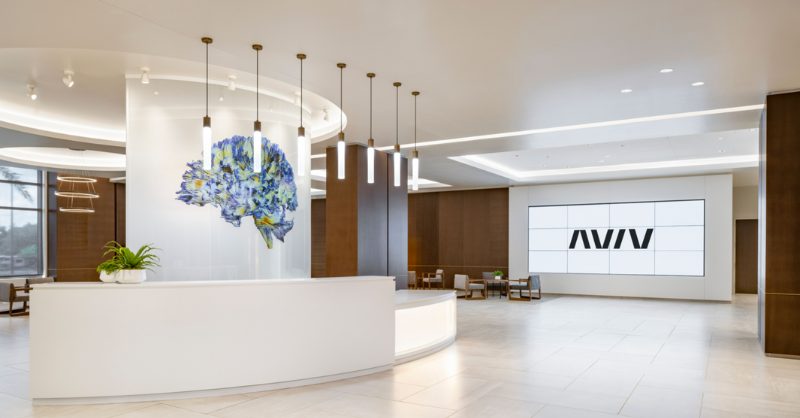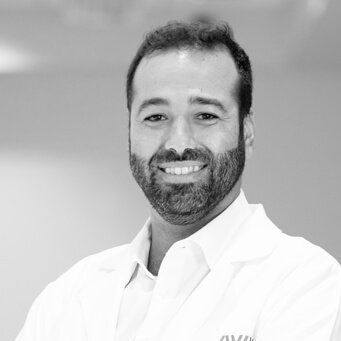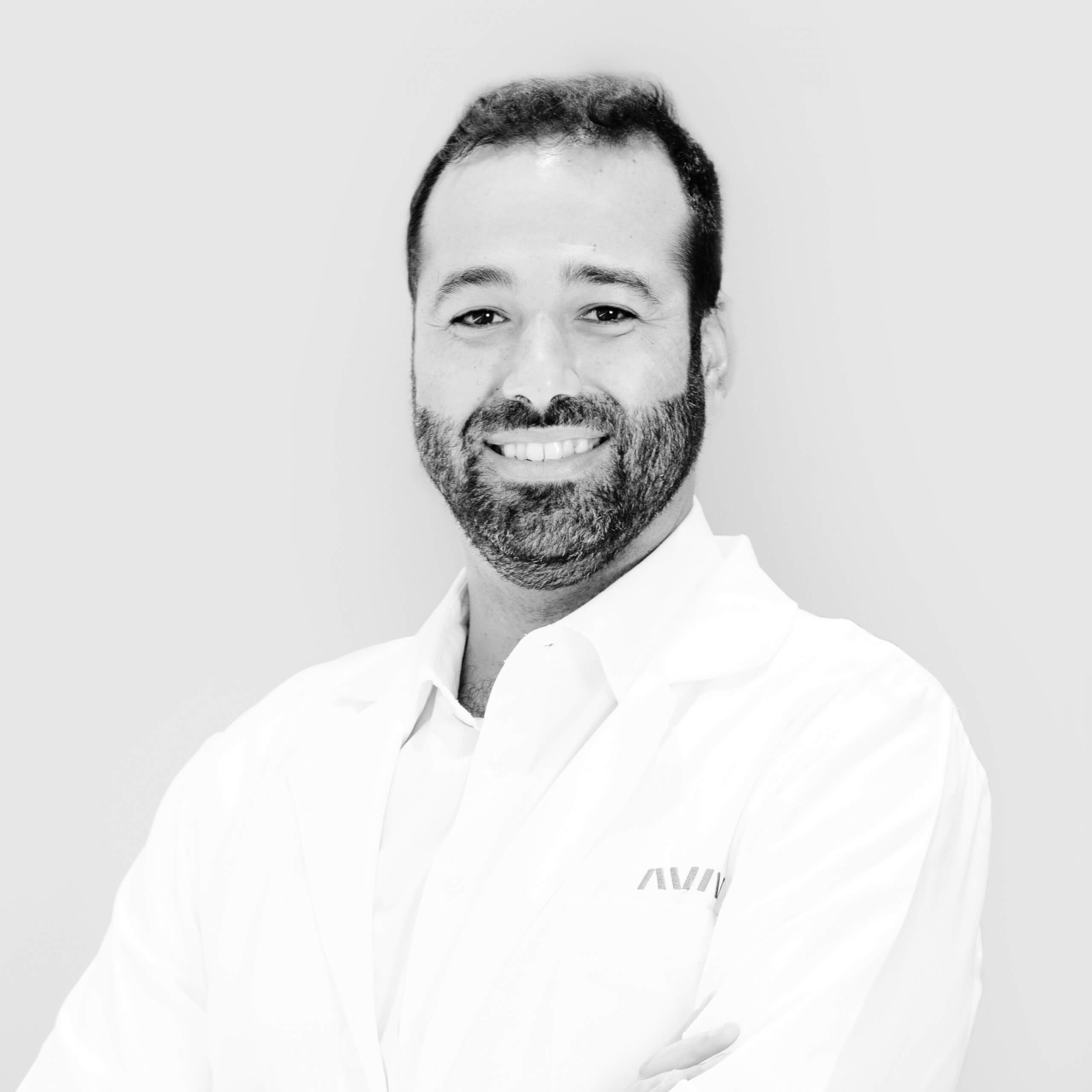
Long-Term Effects of Concussion and TBI: How Hyperbaric Oxygen Therapy May Help


Traumatic brain injuries (TBI) are much more common than many people realize. According to the National Institutes of Health (NIH), an estimated 1.7 million Americans sustain a TBI each year. The Centers for Disease Control and Prevention (CDC) reports that there were over 64,000 TBI-related deaths in 2020, which equates to more than 175 brain injury-related deaths every day.
Adults over the age of 65 are one of the most vulnerable groups for head injuries. Among seniors, falls are the most common cause of TBIs — a serious risk, but also preventable with a few key strategies.
Yet, despite how common TBIs are, many people don’t realize when they experience the “traumatic” incident, or underestimate its potential severity. At one time, a mild traumatic brain injury (mTBI), which many know simply as a concussion, was thought to be a harmless event. Through extensive research, experts have now come to understand that even minor, repetitive brain injuries can have profound effects. These injuries can contribute to adverse neuropsychological outcomes, both acutely and long-term.
What Are the Long-Term Effects of a Concussion or Mild Brain Injury?
In the moment, a concussion might cause dizziness, ringing in the ears, blurred vision, and vomiting, all of which usually dissipate over a few days. But over time, that same injury or repeated injuries may contribute to ongoing symptoms. This condition is known as post-concussion syndrome, or PCS. Typical long-term symptoms include:
- Chronic headaches
- Trouble concentrating or thinking
- Memory problems
- Poor sleep
- Depression
- Anxiety
- Irritability
Why Some Brain Injuries Go Undiagnosed
Some people may not even connect an injury that happened years ago with their current symptoms. This can make it difficult to diagnose a TBI or post-concussion syndrome properly.
As a result, many people struggle with symptoms and have no clear path to recovery. The Brain Injury Association of America estimates that 5.3 million men, women, and children are living with a permanent TBI-related disability in the U.S. today.
But does the damage from a concussion or TBI have to be “permanent”?
Hope For Healing: Treatment for Post-Concussion Syndrome

Dedicated research into brain health has revealed a therapy that produces positive results in TBI and post-concussion syndrome cases. The medical community has long used hyperbaric oxygen therapy (HBOT) as a treatment for medical issues like wound healing, severe infections, and decompression sickness. But until recently, HBOT had not been explored by researchers much beyond those applications.
Studies conducted over the last two decades reveal that HBOT, when delivered using a specific protocol, may be able to repair areas of the brain that have been damaged due to TBI and concussion. This same protocol has also shown effectiveness in other conditions, including stroke, post-traumatic stress disorder, fibromyalgia, Lyme disease, and more.
How the Aviv Medical Program Supports Concussion and mTBI Recovery
To understand how HBOT works to address TBI and post-concussion damage, it’s important to know what changes occur in the brain during those injuries. There are two types of damage caused during a brain injury:
- Structural damage indicates a physical injury to the brain, such as bleeding.
- Metabolic damage describes changes at the cellular level that prevent the cells from producing energy.
Traditional scans like CT and MRI may not be able to detect metabolic damage, especially if an injury occurred years ago. More advanced scans, including like functional MRI and SPECT, are better able to identify areas of the brain, even when a concussion or TBI happened years earlier.
Research into the unique HBOT protocol used in the Aviv Medical Program indicates multiple potential changes in the brain:
- New blood vessel formation (angiogenesis)
- New and stronger neural connections (neuroplasticity)
- Growth of new neurons or brain cells (neurogenesis)
These neural, vascular, and cellular changes can translate into real-world improvements in several cognitive domains:
- Memory
- Executive function
- Attention
- Processing speed
- Spatial memory
- Motor function
Beyond hyperbaric oxygen therapy, the personalized Aviv Medical Program can also include cognitive exercises, physical therapy and physical training, nutritional coaching, and other interventions. Our board-certified physicians prescribe an individualized plan for each Aviv Clinics’ client, based on their physiology, condition, symptoms, and recovery goals. The results of HBOT, combined with complementary therapies, can lead to greater aerobic fitness, higher energy levels, improved sleep, and reduced pain. Overall, clients report a significant improvement in their quality of life after completing the program.
Regaining Your Brain Health After a Concussion

If you’ve ever been in a car accident, fallen off a ladder, or had “your bell rung” playing sports, you may have experienced a brain injury that has a deeper impact on your health. The Aviv Medical Program can help ease your symptoms. With our customized approach and evidence-based therapies, we’re helping people recover from brain injuries even years after the event.
If you or a loved one suspects a TBI or concussion has left lingering symptoms, contact us to learn more about how the Aviv Medical Program could change the rest of your life.
Last Update: July 17, 2025



